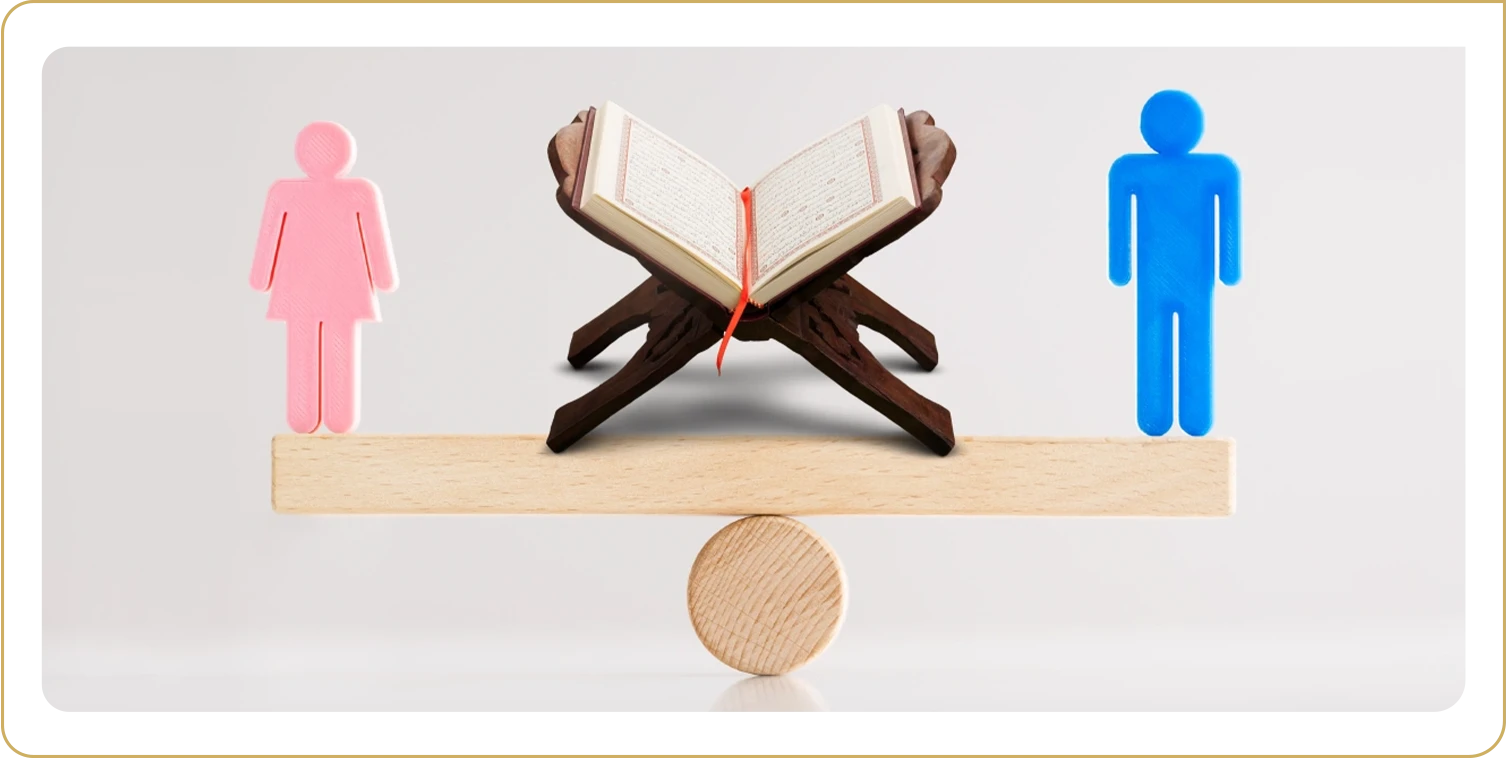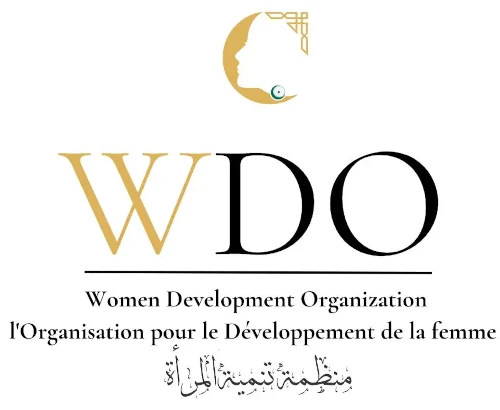One common thread throughout Islam is the principle of equality or equity1. Islam emphasizes that in the eyes of Allah Almighty, all people are equal, even though they are not all identical to one another. There are differences in appearances, wealth, ambitions, abilities, and so on and so forth. However, none of these differences themselves can establish the status of the superiority of one person over another.
The Quran, the holy book of Islam, specifies that both men and women are spiritually equal. The Quran states:
“But those who do good—whether male or female—and have faith will enter Paradise and will never be wronged even as much as the speck on a date stone”2 (Quran 4:124).
As such, women and men have the same religious and moral duties and responsibilities. They both face the consequences of any wrongdoings3.
“So their Lord responded to them: “I will never deny any of you—male or female—the reward of your deeds. Both are equal in reward….”4 (Quran 3:195).
In fact, nowhere does the Quran state that one gender is better than the other. Some mistakenly translate “qiwamah” or responsibility for the family as superiority3. However, the Quran makes it clear that the sole basis for superiority of any person over another is piety and righteousness, and not anything else:
“O humanity! Indeed, We created you from a male and a female, and made you into peoples and tribes so that you may get to know one another. Surely the most noble of you in the sight of Allah is the most righteous among you. Allah is truly All-Knowing, All-Aware”5 (Quran 49:13).
In addition to the above, greater financial security is assured for women. They are entitled to receive marital gifts, to keep present and future properties and incomes for their own security. No married woman is required to spend any of her money on the household. She is entitled to full financial support during marriage. Generally, a Muslim woman is guaranteed support in all stages of her life, as a daughter, wife, mother, or sister. These additional advantages of women over men are somewhat balanced by the provisions of the inheritance which allow the male, in most cases, to inherit twice as much as the female. While this means that the male inherits more, he is also responsible financially for other females; daughters, wives, mother, and sisters. The female inherits less, but can keep it all for investment and financial security without any legal obligation to spend any part of it, even for her own sustenance3.
While the Quran does not specify gender roles for women, modern day Islamic practice often does. This is partially because men and women are sometimes allotted different rights and cultural expectations. Regardless, it should be noted that Islam has recognized women as equal human beings and has established their rights and honors for over 1400 years, centuries before gender equality had even been recognized in western countries6. As Muslim nations, we still have a ways to go to establish what has been set in the Quran. This could be due to customs and traditional habits used to undermine the rights of women.
References
1. Equality in Islam. (n.d.). Islamweb. Retrieved February 16, 2023, from https://www.islamweb.net/en/article/109364/equality-in-islam
2. Surah An-Nisa—124. (n.d.). Quran.Com. Retrieved February 26, 2023, from https://quran.com/an-nisa/124
3. Gender Equity in Islam. (n.d.). Retrieved February 26, 2023, from https://www.iium.edu.my/deed/articles/genderequityinislam.html
4. Surah Ali ’Imran—1-200. (n.d.). Quran.Com. Retrieved February 26, 2023, from https://quran.com/ali-imran
5. Surah Al-Hujurat—1-18. (n.d.). Quran.Com. Retrieved February 26, 2023, from https://quran.com/al-hujurat
6. Islam, M. (2019, February 23). Concept of Gender equality in Islam.




